Announcement comes as Prince William unveils five-year plan to end homelessness “for good”
A team led by Studio Mutt and Neighbourhood has scooped a £10,000k prize after being named as the winner of this year’s Davidson Prize.
The multi-disciplinary team topped a three-strong final shortlist to win the Alan Davidson Foundation’s third annual award, which focused on building communities for people who have experienced homelessness.
This year’s brief, called “somewhere to call home”, asked for innovative design solutions for a home community where people affected by homelessness and housing insecurity are given time to settle, recover and find their bearings.
Studio Mutt’s team proposed taking over leftover spaces of an urban block next to Hugh Baird College in Liverpool, which already hosts several organisations offering support to homeless and vulnerable people.
The scheme, called “Helping Hands”, would connect the rear of these organisations and reorient them within a “nurturing communal landscape”, providing individual homes and shared accommodation for people leaving care.
The site would be bordered by a garden wall as a “reassuring and recognisable presence”, creating small-scale social and civic areas.
Around a third of young people leaving care experience homelessness within two years, and a quarter of homeless people previously lived in care, according to the National Audit Office.
More than two in five care leavers are also not in education, employment or training, compared to 15% of all 19-year-olds. Studio Mutt’s concept sought to connect these issues and “facilitate an infrastructure to help care leavers transition to independent living and meaningful employment”.
The team also included The Independence Initiative, Hugh Baird College, Islington Hostel Outreach, Amber Akaunu, Peter O’Neil and Dead Good Poets Society.
Jury member Osama Bhutta, director of policy, campaigns and communication at homeless charity Shelter, said “Helping Hands” was a “worthy winner”.
“It is a great example of how a diverse group from different walks of life can come together to design a project with serious potential human benefit,” he said.
These small pieces of land exist everywhere so this will be an inspiring example to many others across the country and I hope this can be realised throughout the country.”
The runners up included “More Not Less”, by ReGroup, which proposed national design codes to improve quality of life in temporary housing, and “Home Building” by Wild & SNaB, a straw-bale, self-build solution for homelessness in rural contexts.
Also on the jury was dRMM co-founder Sadie Morgan, Meridian Water for Enfield council senior development manager Yemí Aládérun, Design Museum head of curatorial and interpretation Priya Khanchandani, and 2022 Davidson Prize winner Charles Holland, principal at Charles Holland Architects.
Morgan said this year’s entries had helped push the debate forward on solving homelessness with “innovative and workable solutions”.
“Collectively, this year’s entries show the value of multidisciplinary design thinking to a subject that needs tackling now,” she said.
“Choosing an outright winner was tough; what tipped it for Helping Hands was the sense of people working together on the ground, building on existing community infrastructure,and taking collective responsibility for a better future”.
The awards’ first People’s Choice Prize was handed to Switch by Rifugio, a proposal to repurpose a disused station in Highgate as a place where asylum seekers are offered sanctuary.
The longlisted, finalist and winning entries can be found on The Davidson Prize website. The theme for 2024 will be announced later this year.
The announcement of this year’s winner comes as Prince William launches a five-year campaign to end homelessness “for good”. The Prince of Wales’ charitable foundation has provided £3m of start-up funding for Homewards, a programme which he said aims to make homelessness “rare, brief and unrepeated”.
Speaking in Lambeth at the start of a two-day tour of the UK to promote the initiative, the first in line to the throne said: “Over the next five years, I believe that we have a unique opportunity to develop innovative new solutions and scale tangible impact. This will inspire belief throughout the UK, and beyond, that homelessness can be ended for good.”
The prince, who helped to sell the Big Issue near Buckingham Palace last year, described how his first visit to a homeless shelter at the age of 11 had left a “deep and lasting impression”.
“I met so many extraordinary people and listened to so many heart-breaking personal stories,” he added. ”Too many people have found themselves without a stable and permanent place to call home. Through these visits, I have seen first-hand the breadth and complexities of homelessness.”


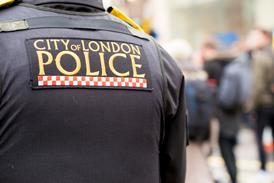
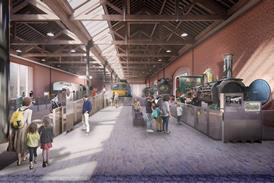
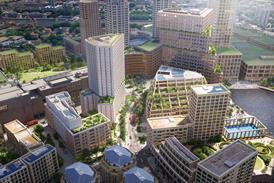
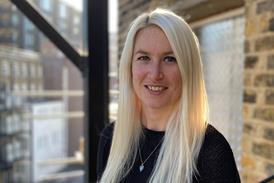



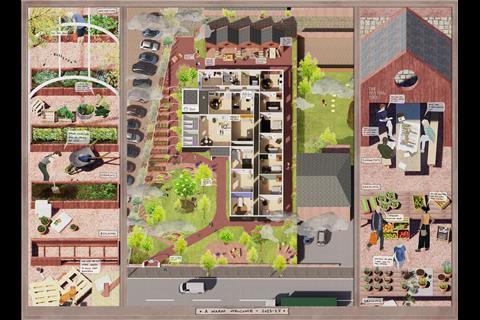
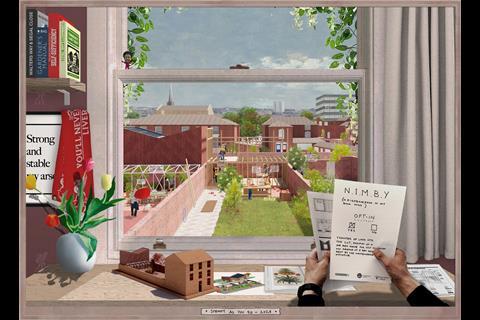
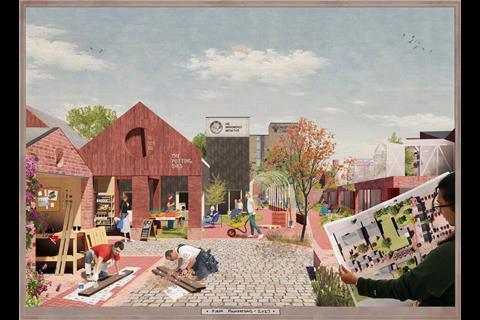
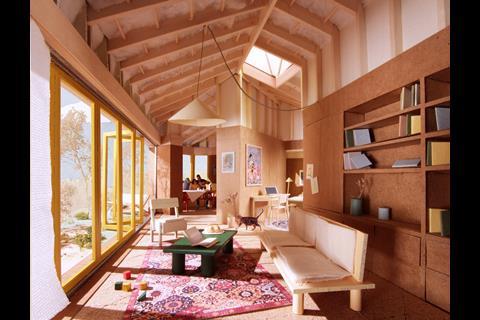
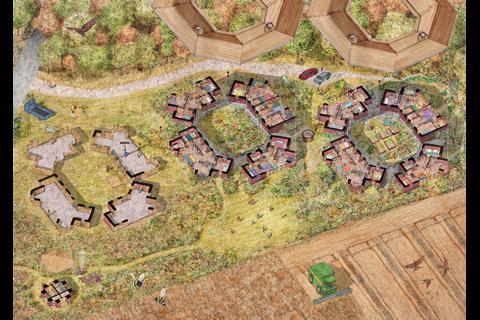
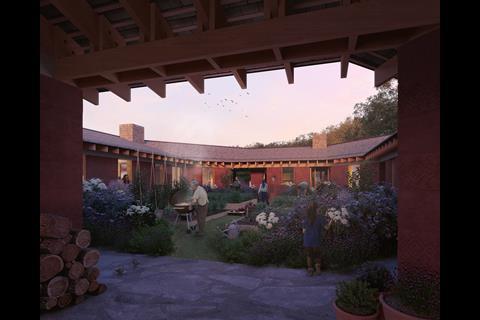
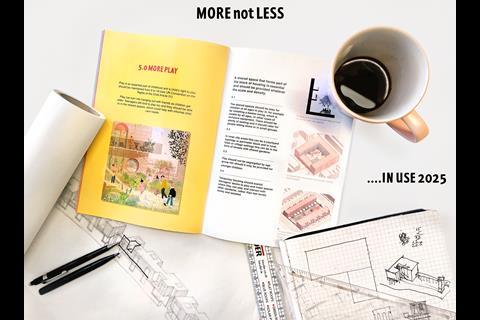
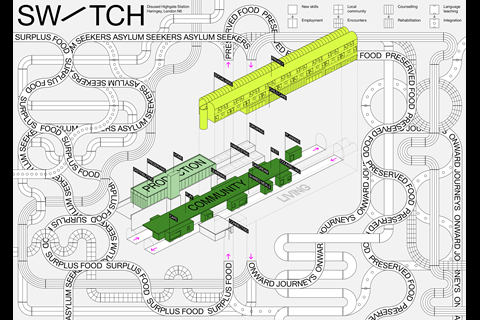







No comments yet